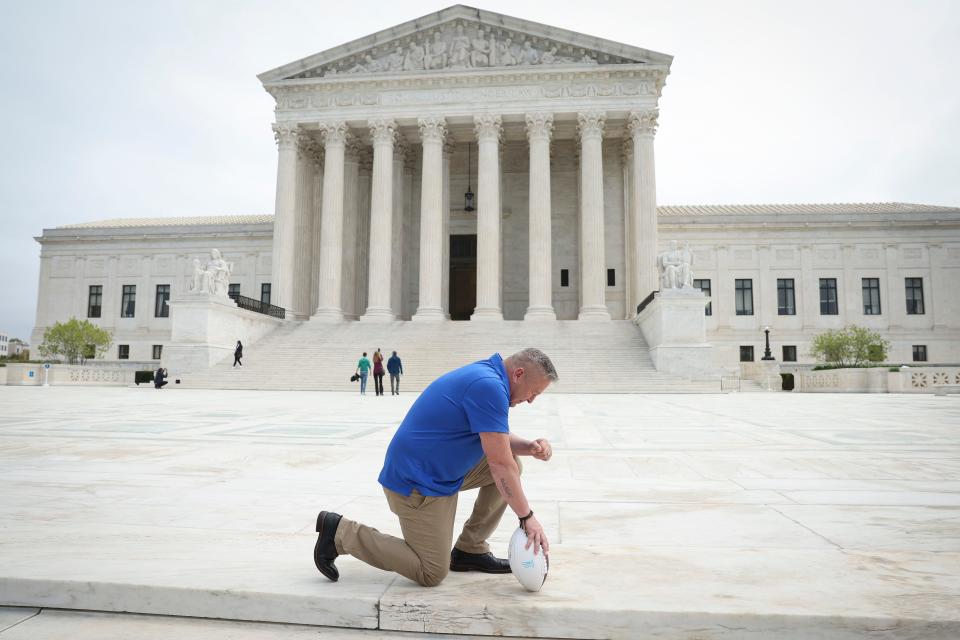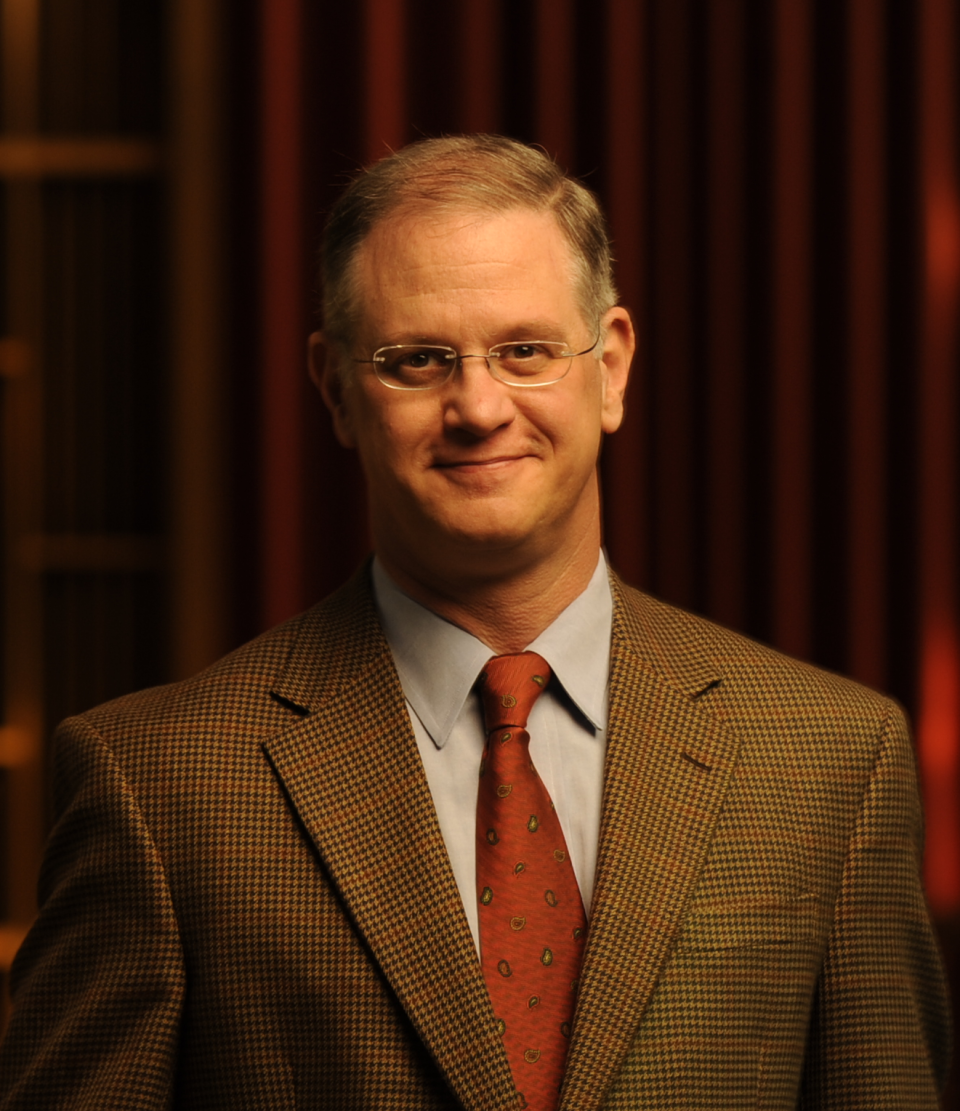Despite Supreme Court rulings, religious liberty has always been a contentious issue | Opinion
Recently, the U.S. Supreme Court ruled on the cases of Carson v. Makin and Kennedy v. Bremerton School District, giving the justices yet another occasion to wrestle with one of the most difficult issues in American history: religious liberty.
The Carson case originated in Maine, where some regions are too rural to support a public high school. To compensate, the state allows some private schools to receive public funding because they perform the function of public schools.
The parents bringing the case argued that this policy should not discriminate against private, religious schools. The court’s majority agreed, ruling that denying state support to these schools because they are religious is to discriminate against religion, which violates the principle of religious liberty.
In the Kennedy case, the majority ruled that Coach Joseph Kennedy had a First Amendment right to pray after football games on the 50-yard line, reversing decades of rulings that saw school employees leading prayer as a form of establishing state support for religion.
Both recent cases’ parties and each side of Supreme Court claim that they are defending religious liberty and that their opponents threaten it. Just a glance at American history reminds us that religious liberty is contentious and it always has been.
U.S. founders Jefferson and Madison worried about religious divisions
Long before the enactment of the First Amendment in 1791, Puritans in Massachusetts Bay, who had sought their own religious liberty, oppressed those with alternative views.

One of their own, Rev. Roger. Williams, began arguing that civil courts could not make people Christian, that the right to worship (or not) according to one's own conscience was fundamental, and that the American Indians, to whom his fellow Christians considered themselves superior, were often better people than the English.
Thomas Jefferson and James Madison themselves were most concerned about religious divisions making the young republic ungovernable.
The First Amendment applied initially to what Congress could do. The states continued to police moral conduct and sometimes required office-holders be Christian.
Until the incorporation of the First Amendment’s prohibitions onto the states through the 14th Amendment by the Supreme Court in 1940s cases involving the Amish and Jehovah's Witnesses, the states themselves often forced Protestantism upon the public in schooling and public policy.
Religious liberty in the sense of a right not to salute the flag, or be conscripted because of religious belief, is less than a long single lifetime old.

Your state. Your stories. Support more reporting like this.
A subscription gives you unlimited access to stories across Tennessee that make a difference in your life and the lives of those around you. Click here to become a subscriber.
Latest case is a rebalancing of religious freedom
As late as the war in Vietnam, draft boards examined closely whether a man asserting conscientious objection status came from a tradition like the Mennonites or Quakers, who objected to all participation in war.

This changed with the Supreme Court’s recognition of individual conscience in two early 1970s cases. These rulings relocated the locus of conscience to individuals, provided their beliefs were sincerely held.
In subsequent decades American religious life has itself become more centered in individuals and congregations and less on the large, received traditions and their bodies of ethical teaching.
The recognition of everyone’s right to define their core sincere beliefs for themselves is both very American (thank you, Roger Williams) and susceptible to the divisions that troubled Jefferson and Madison.

In the end, no right is without corresponding responsibilities. No liberty is without the limit of the pain or damage that it may inflict upon others in a community.
The free exercise and no establishment clauses of the First Amendment live in perpetual tension — two goods that must be reconciled. For us as historians of American religion, the court’s recent rulings on religious liberty represent only the most recent rebalancing of freedom of religion. The process will continue.
James Hudnut-Beumler and James Byrd are professors of American religious history at the Vanderbilt University Divinity School.
Hear more Tennessee Voices: Get the weekly opinion newsletter for insightful and thought provoking columns.
Sign up for Latino Tennessee Voices newsletter: Read compelling stories for and with the Latino community in Tennessee.
Sign up for Black Tennessee Voices newsletter: Read compelling columns by Black writers from across Tennessee.
This article originally appeared on Nashville Tennessean: Supreme Court: Religious liberty has always been a contentious issue

